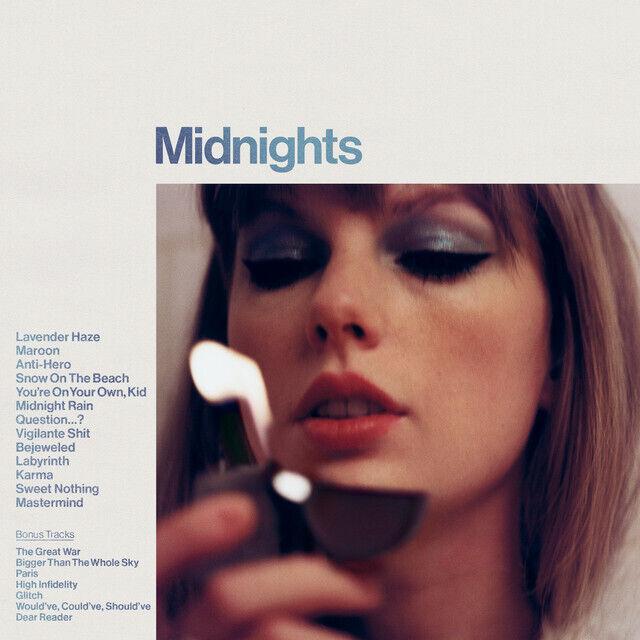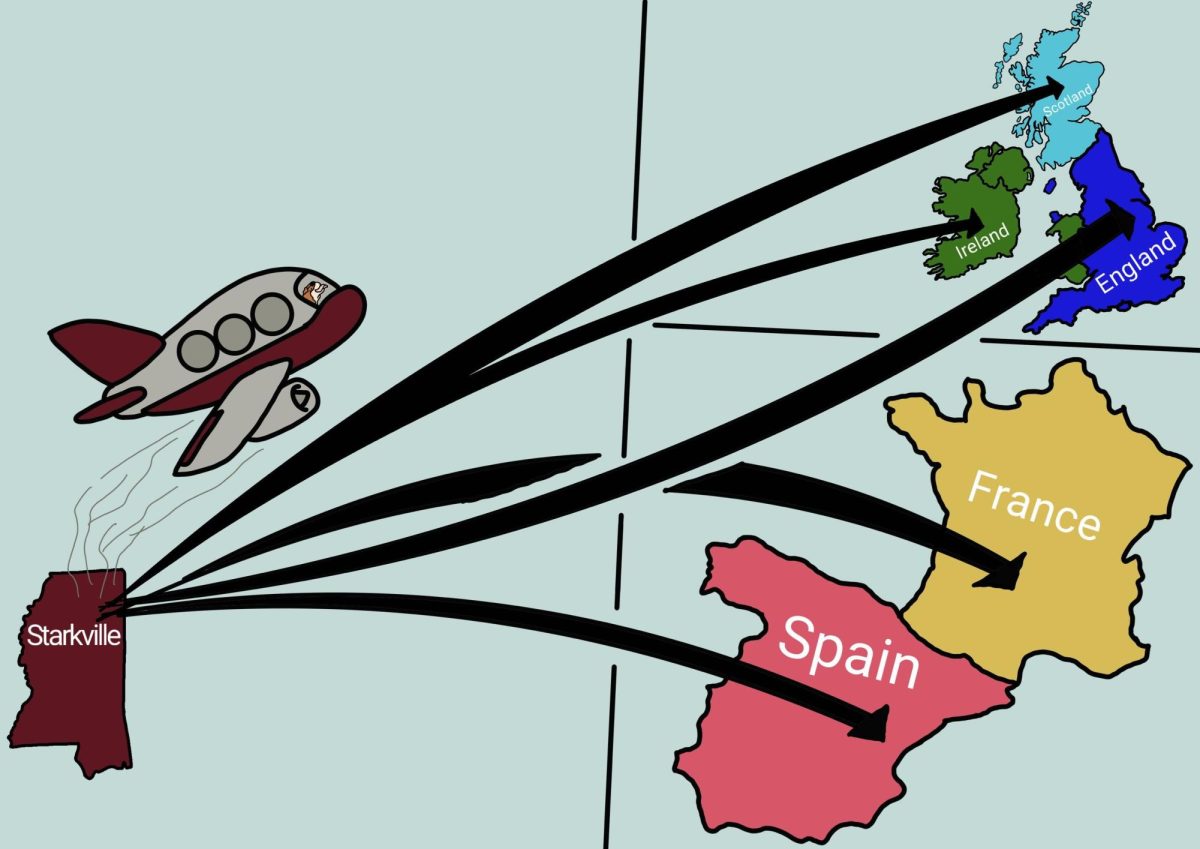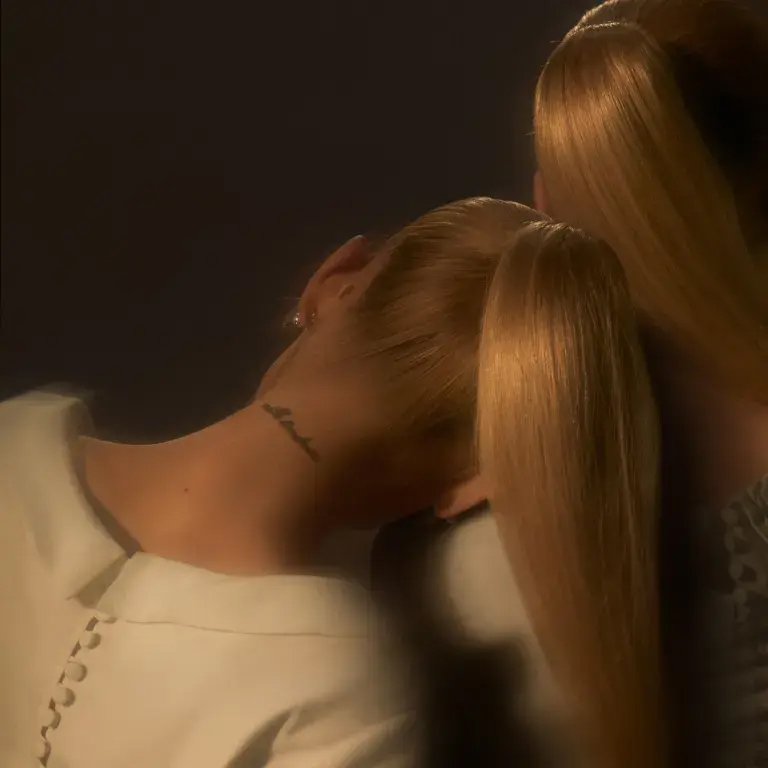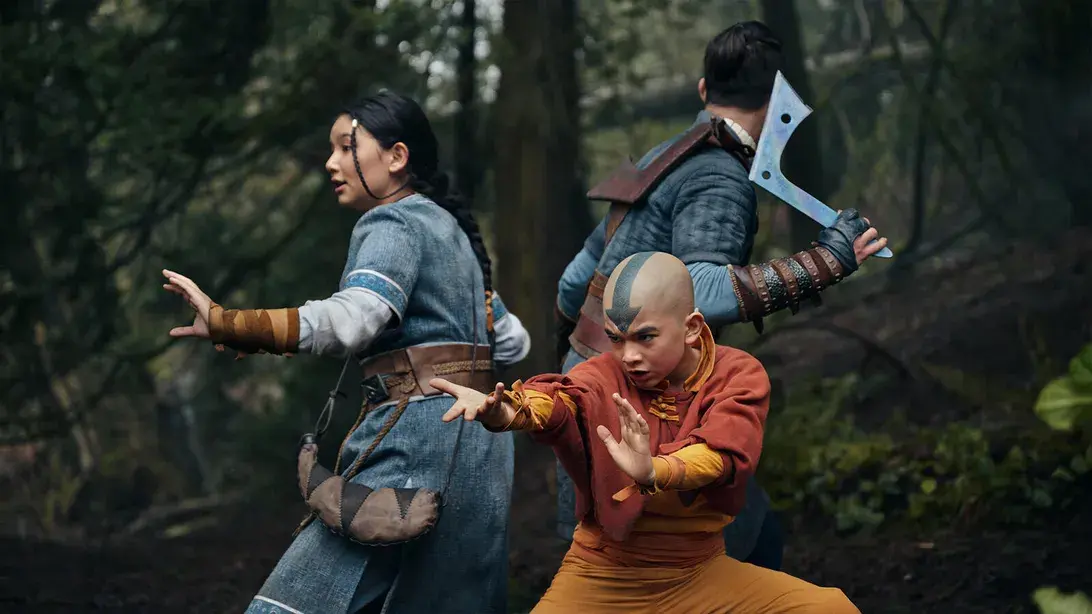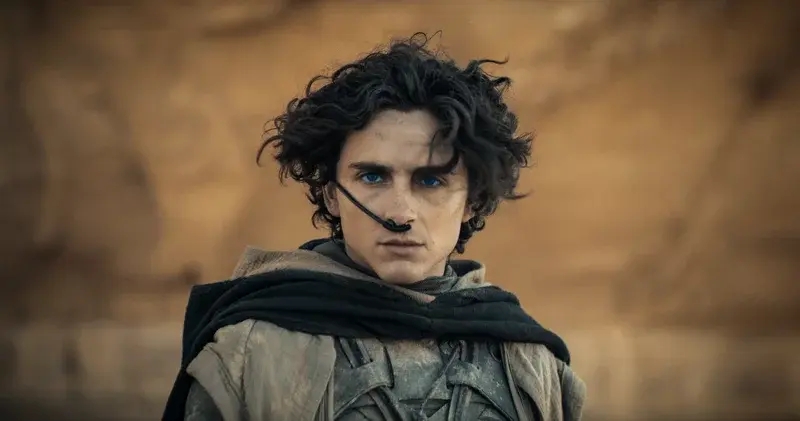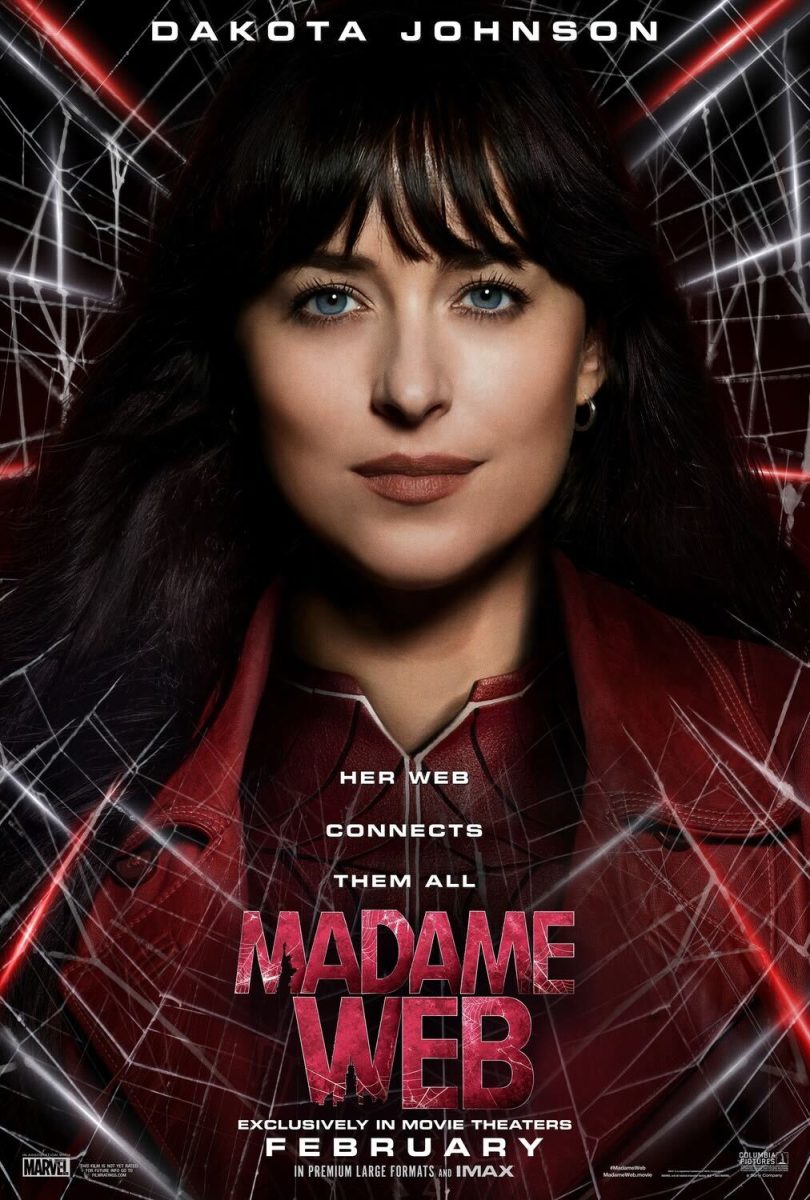Taylor Swift returns to her dark pop roots in “Midnights,” her tenth studio album that she released Friday.
“Midnights” depicts “13 sleepless nights” Swift encountered during her 16 years in the limelight. The production is reminiscent of her ”reputation” album because of its heavy synthetic pop beats.
The second I heard “Lavender Haze,” I knew this album would be different from her most recent pieces. Using a vocal synthesizer and electronic beats, Swift begins by saying, “meet me at midnight,” a phrase she has used continuously while promoting the album. “Lavender Haze” is about being in the moment with the one you love and ignoring the scrutiny from the outside world.
Track two, “Maroon,” cemented its place as one of the best tracks on the album. With a pulsing beat and an eerie buzzing effect, Swift references dancing barefoot in New York with her lover while his wine stains her shirt burgundy. Throughout her discography, Swift references roses and New York, as Swift uses them in several other songs from “Lover,” “Red” and “1989.” She mentions carnations that her lover thought were roses in “Maroon” and says the misnomer is representative of their relationship.
“It’s me, hi, I’m the problem, it’s me,” sings Swift in the lead single “Anti-Hero.” Using electronic-pop sounds to carry the tune, Swift depicts herself as an problematic outcast in society. Similarly, in track eight, “Vigilante S—” Swift schemes to get even with those who have wronged her, saying she is “dressing for revenge.”
“Snow On The Beach (feat. Lana Del Rey)” floats in with a whimsical melody as Swift sings about falling in love with someone at the same time they fell in love with her.
Despite being featured, Lana Del Rey barely graced the song. She harmonizes during the chorus, but Swift carries the song and leaves Del Rey without a verse. However, the song is undeniably catchy — I have found myself humming it under my breath absentmindedly.
“You’re On Your Own, Kid” is about Swift growing up in the music industry and having people take advantage of her. The lyrics are dark, telling how Swift “starved (her) body” and “hosted parties” to fit in during her “1989” era.
Opening with a vocal distortion of the chorus, “Midnight Rain” compares Swift to “midnight rain” and her lover to “sunshine.” He wanted one thing, and Swift wanted something else, so the relationship failed. The track is my least favorite on the album; the production was overdone, and the lyrics were not strong enough to balance it.
On “Question…?” Swift uses rhyming lyrical patterns and her own vocal alterations to round the track, painting a picture of her and her lover splitting up and the ex-lover moving on to another woman.
“Labyrinth” depicts the bounce-back of falling love after a heartbreak. The song casts a dizzying spell on the listener that almost feels other-worldly.
Track nine, “Bejeweled,” is shiny and rich, like a disco ball reflecting on a dance floor. The track is pure pop with uplifting lyrics and a fun cadence.
Also using bright pop elements, track 11, “Karma,” could be a sister song of “Bejeweled.” Swift says karma is her boyfriend, a god and even “a cat purring on (her) lap ‘cause it loves (her).” Those who have wronged Swift are now facing the consequences, and she is watching it unfold.
With a youthful and lullaby-like production, Swift sings of a one-sided relationship using references to nursery rhymes in “Sweet Nothing.”
“Mastermind” closes the regular version of the “Midnights” album. Swift says in this song that she has carefully strategized a plan to make her partner fall in love with her.
At 3 a.m., in a mastermind plan, Swift surprised fans with six bonus tracks when she released “Midnights (3 am Edition).”
Bonus track one, “The Great War,” references bloodshed and crimson like “Maroon.” Swift and her lover are together forever because they survived the scrutiny.
Swift sings of loss in “Bigger Than The Whole Sky.” The toned-down production gives room for Swift’s mature vocals to shine. She sings, “I’m never gonna meet what could’ve been, should’ve been, what would’ve been you.” Swift’s strong lyricism tugged at my heartstrings.
“Paris” has a true pop catchiness, reminiscent of Swift’s “Lover” album. Instead of New York, Swift and her lover were “somewhere else” “in Paris.”
Swift’s vocals and storytelling on “High Infidelity” remind me of her “evermore” album — she uses her deeper vocal range and strong lyrics to carry the track. “High Infidelity” keeps some of the electronic elements, but the production does not overpower the singer’s beautiful vocals.
“Glitch” reminds me of a Billie Eilish song because of its synth-pop sound. The song is about Swift falling in love with her boyfriend Joe Alwyn, an actor who befriended her before they started dating, saying there was a “glitch” because they were not supposed to fall in love.
Swift reflects on her past relationships and wishes she could get her girlhood back in “Would’ve, Could’ve, Should’ve.” She says she “never should’ve danced with the devil at 19,” which could reference her tumultuous 2009 relationship with singer John Mayer, who was 32 at the time.
Closing the 3 a.m. version on a slower note, “Dear Reader” tells the listener not to take advice from people who are “falling apart.”
Swift is far from the end of her career, and “Midnights” proves she still has more to show us. While it is not my favorite album of hers, “Midnights” shows the depth of Swift as an artist.
Taylor Swift gets dark in “Midnights”
Taylor Swift released her tenth studio album, “Midnights,” Oct. 21 to widespread acclaim.
About the Contributor

Heather Harrison, Former Editor-in-Chief
Heather Harrison served as the Editor-in-Chief of The Reflector from 2022 to 2023.
She also served as the News Editor from 2021 to 2022.
Donate to The Reflector
Your donation will support the student journalists of Mississippi State University. Your contribution will allow us to purchase equipment and cover our annual website hosting costs.



















































































